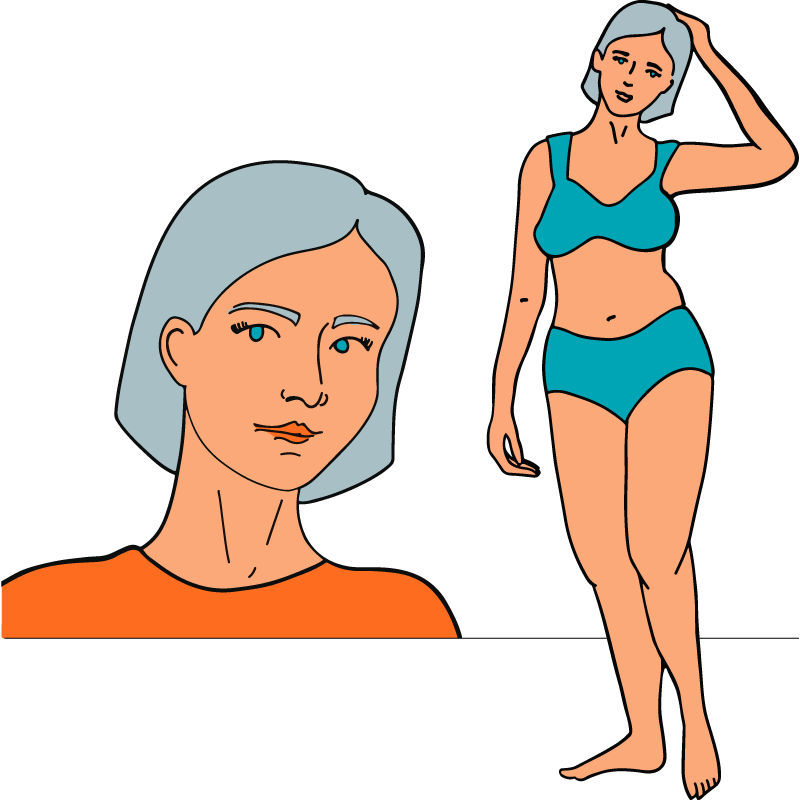What constitutes poor sexual response?
Poor sexual response refers to difficulties in experiencing sexual pleasure and satisfaction. It can affect both men and women, with the causes potentially encompassing physical, psychological, interpersonal, and hormonal factors.
For women, common indicators of poor sexual response can frequently be associated with vaginal dryness. That includes pain or discomfort during sexual intercourse; female sexual arousal disorder, which is linked to inadequate lubrication during sexual stimulation; and anorgasmia – difficulty reaching orgasm despite adequate sexual stimulation.
Another sign of poor sexual response is sexual avoidance, including low libido, aka a diminished interest in sexual activity, and sexual aversion disorder, where sexual contact is actively avoided. These conditions can be exacerbated by emotional concerns, such as feeling unfulfilled during sex, or difficulty communicating with a partner about your desires. Significantly, it’s normal for your sexual response to vary occasionally, but persistent or distressing difficulties should be discussed with your doctor.
How can I treat vaginal dryness?
If you are concerned about vaginal dryness, it’s important to speak to your doctor to determine the causes behind it, and then the appropriate course of action for you. Luckily, there are a wide range of ways it can be treated. Below are some common strategies for dealing with the condition, depending on its severity.
Can topical products help with vaginal dryness?
Topical moisturisers for the vaginal area or prescription creams are widely available, and can be used to help maintain and enhance vaginal moisture, aiding with mild dryness with frequent and sustained use. If your main concern is dryness during sex, you can also use water-based lubricant to reduce friction and discomfort.
Can medication help with vaginal dryness?
If your vaginal dryness is linked to the menopause, hormone replacement therapy (HRT), which involves oestrogen supplementation, can be effective in relieving vaginal dryness and other symptoms. You can discuss its benefits and side effects with your doctor.
Prescription medications, such as ospemifene, may also be recommended for postmenopausal women to alleviate symptoms of vaginal dryness. Another option is vaginal oestrogen therapy, where creams, rings or tablets containing oestrogen are applied directly to the vaginal area to help restore moisture and improve tissue health.



 The Tweakments Chatbot
The Tweakments Chatbot